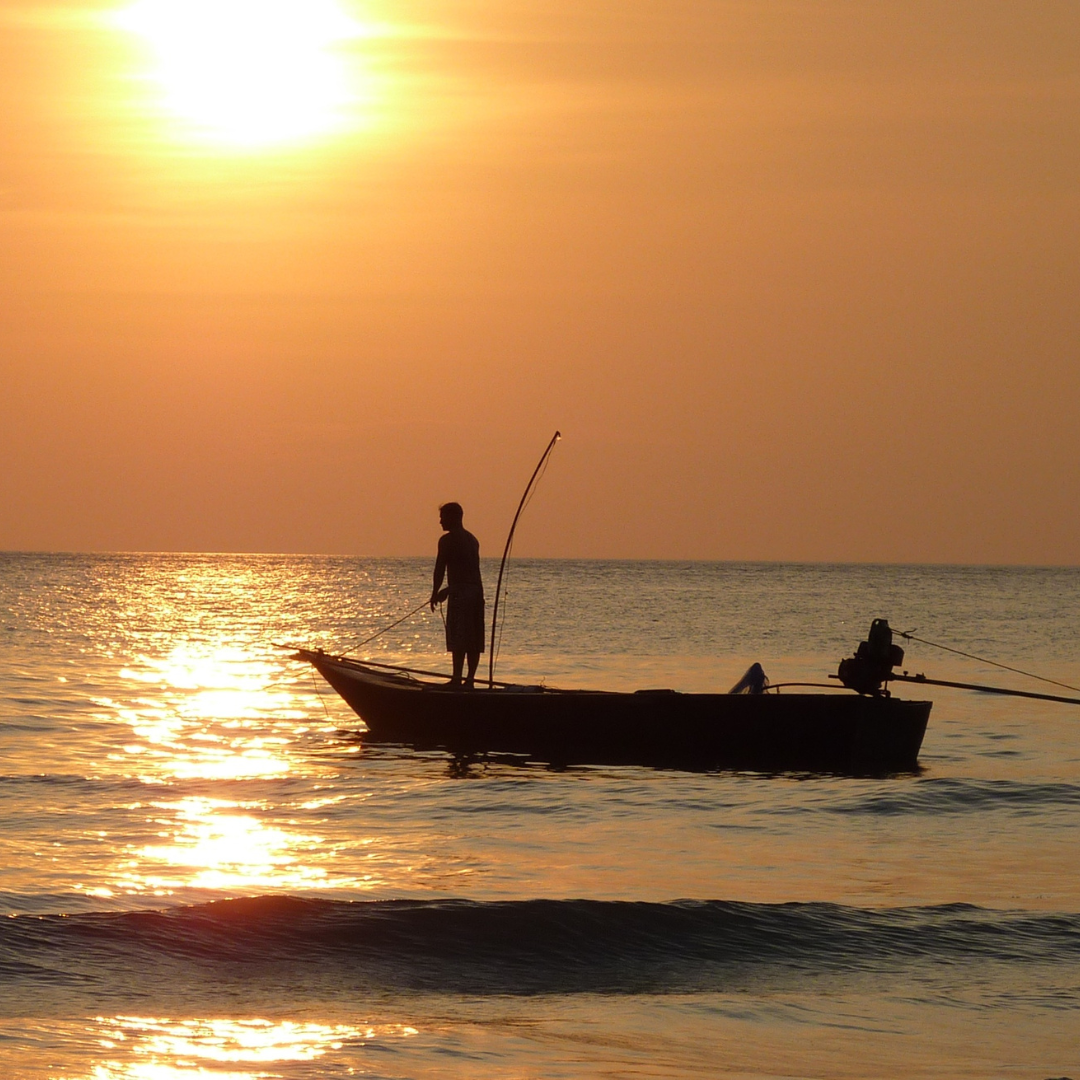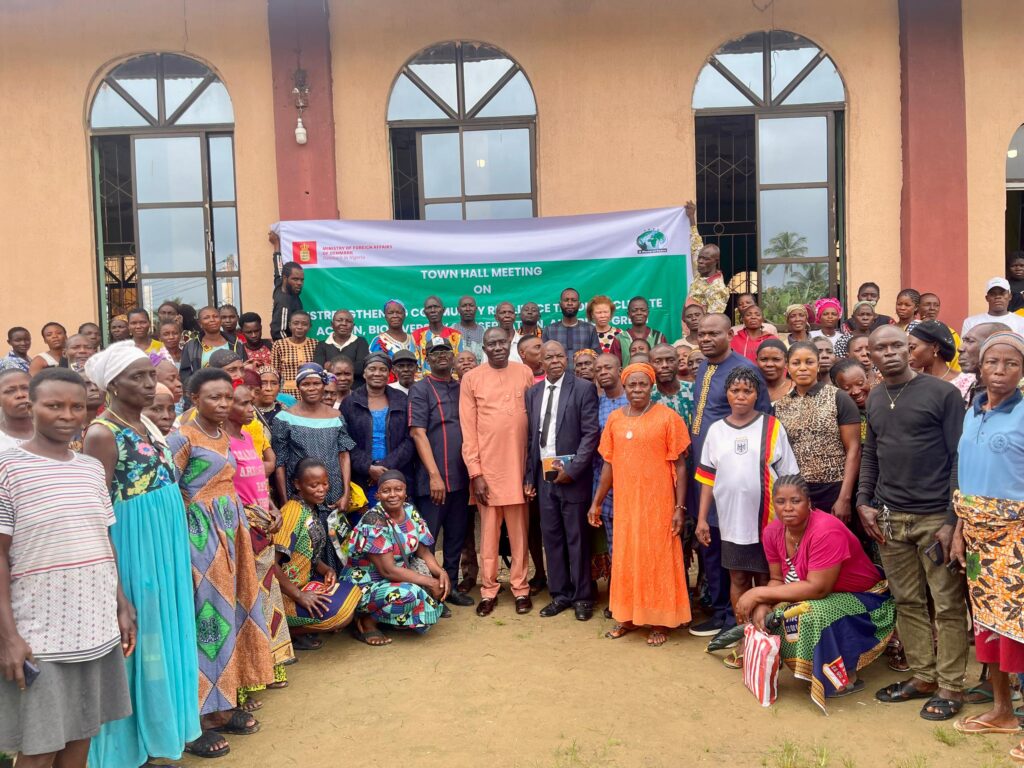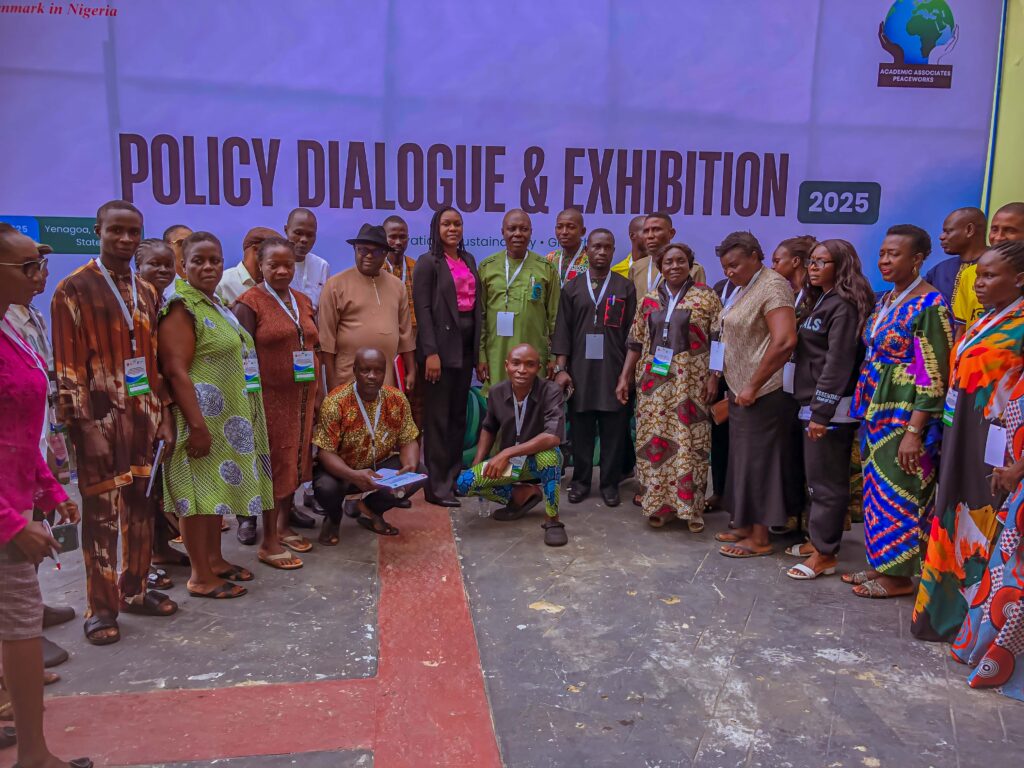In a world grappling with the harsh realities of climate change, a powerful legal message has been delivered from the highest judicial body of the United Nations. The International Court of Justice (ICJ), responding to a historic request by the UN General Assembly, has issued an Advisory Opinion that establishes states’ legal obligations to combat climate change. For communities on the frontlines, like those in the Niger Delta, this pronouncement is not just symbolic; it is a resounding affirmation of their right to environmental justice.
At the heart of the ICJ’s opinion is a bold statement: climate inaction is not only negligent, it is unlawful. States are now affirmed to have binding duties under international law to mitigate climate change, protect the environment, and uphold core human rights, including the rights to life, health, food, water, and a clean, healthy, and sustainable environment.
This legal milestone comes at a time when communities across the Niger Delta region are still enduring the devastating impact of environmental degradation. For decades, pollution from oil extraction and gas flaring has disrupted livelihoods, endangered public health, and eroded the social fabric of affected communities. And for just as long, these communities have called for accountability, justice, and sustainable development.
AAPW has been actively working to bridge these gaps through targeted interventions in the Niger Delta. In recent years, we have spearheaded programs that promote environmental awareness, foster dialogue between stakeholders, and amplify the voices of marginalised communities, especially women and youth, who often bear the brunt of ecological decline.
Our work aligns strongly with the key takeaways from the ICJ’s Advisory Opinion, reflecting a deep commitment to environmental justice and human rights. Through education and civic engagement, we have continued to empower local communities with the knowledge and tools they need to assert their rights and demand accountability in line with national and international environmental laws. In addition, we foster accountability by facilitating constructive dialogue among community members, government agencies, and corporate actors, encouraging transparency and the pursuit of equitable solutions. In line with the ICJ’s emphasis on due diligence and international cooperation, our initiatives promote a shared sense of responsibility for sustainable environmental stewardship across all levels of society.
These initiatives are especially relevant in light of the ICJ’s emphasis on intergenerational equity and the rights of present and future generations. The Court’s recognition that vulnerable populations, such as those in small island developing states and pollution-impacted regions, are entitled to protection reinforces the legitimacy of grassroots movements and local advocacy efforts.
As the global community digests the weight of the ICJ’s advisory opinion, there is a renewed sense of hope for impacted communities in the Niger Delta and beyond. The legal foundation is now stronger than ever, and the path forward is clearer: States must act, and civil society must remain vigilant.
For organisations like ours, the moment is ripe to deepen our impact, standing firm in the fight for environmental justice, guided by the principles of equity, human rights, and sustainable development. Let the struggle for resilience and advocacy in the Niger Delta continue to serve as a beacon for climate justice in Africa and across the world. The law is on our side.






